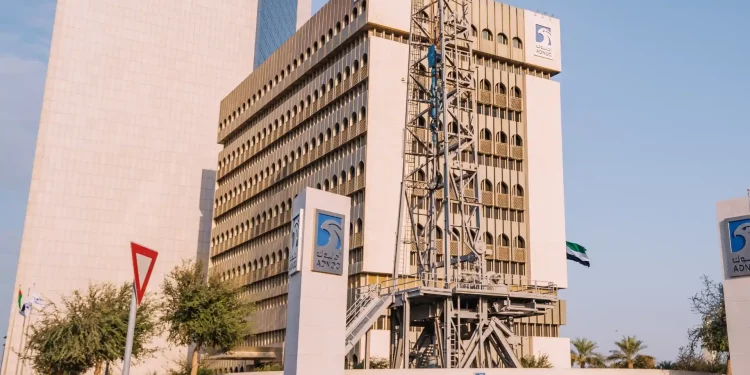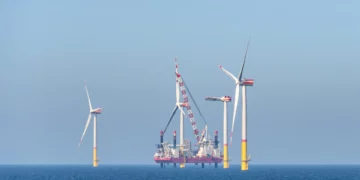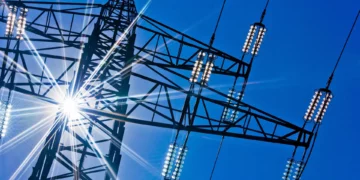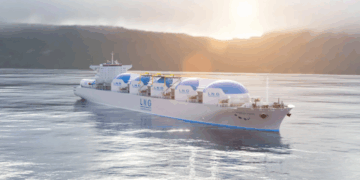ADNOC produces almost all of the oil for the United Arab Emirates, which is now 2X the target of up to 10 million tons of CCUS capacity per annum.
Abu Dhabi National Oil Company (ADNOC) has partnered up with Carbon Clean’s patented “CycloneCC” technology for their Fertiglobe’s nitrogen fertiliser plant. Fertiglobe is a JV between the government-owned ADNOC and Korean fuel producer OCI. It manages the Al Runways Industrial Complex in Abu Dhabi, UAE’s capital city.
Carbon Clean is a UK-based carbon capture, utilisation, and storage (CCUS) company. It was funded by the UK and US Departments of Energy at the initial stages and, later on, got funding from the private sector. It was the brainchild of Aniruddha Sharma, who was once a climate activist from the Indian Youth Climate Network protesting against the global inaction on climate preservation at the COP15 conference in Copenhagen in 2009. His activism drove him towards adopting a solution-based approach, which led to the establishment of Carbon Clean. Since then, his business has expanded with 85 active patent assets spanning over 30 countries.
Sharma gave a speech at the Carbon Clean London headquarters where he explained that previously, CCUS has been dependent on putting polluted gases through absorption and stripping towers, where the solvents and heat are applied to separate, capture, and compress carbon dioxide (CO2). These techniques are not financially viable as they are costly to establish and maintain and have no significant proof of benefit to the environment. On the other hand, the CycloneCC uses technology that permits prefabricated modular carbon capture units that are half the size of traditional units and are comparatively easier to set up.
CycloneCC is one of Fertiglobe’s multiple projects that are being tested to decrease emissions and the demands for low-carbon hydrogen and ammonia that can further be used as fuels in vehicles and raw materials for fertilisers.
ADNOC produces almost all of the oil for the United Arab Emirates, which is now 2X the target of up to 10 million tons of CCUS capacity per annum. It should be noted that all these efforts are made by one of the world’s largest polluters.
A study by the research firm Rystad Energy stated that ADNOC aims to pump over 1.3 billion barrels of oil and almost 90 billion cubic metres of gas. It produced 171 million tonnes of crude oil and Natural Gas Liquids and almost 57 billion cubic metres of natural gas.
The research report also stated that ADNOC will probably release 487 million tonnes of carbon into the atmosphere this year. This number will spike up to 684 million tonnes by the end of this decade. The said annual carbon capture of 10 million tonnes a year is almost negligible compared to the 684 million tonnes of emissions.
Carbon Clean’s primary market is the Persian Gulf because only those Middle Eastern nations require their technologies to capture carbon and decarbonise assets. Companies like Aramoc, ADNOC, and QatarEnergy have technological expertise and know-how of the carbon capture process as they have been operating such facilities for decades. Carbon capture is also called producing oil and gas but in reverse, so most of the energy companies can smoothly add up this tech into their plants.
The International Energy Association said in its net zero report that to achieve the targets of the Paris Agreement of controlling global temperature increase to 1.5 degrees Celsius, more than 759 million tonnes of CO2 needs to be captured annually. This represents a 17 times increase in the present figures. Achieving this feat would require a boost like the solar and wind industry had over the last decade.
Sharma said that their CycloneCC boxes have been planned for mass production. He promised that right after COP28, he would publish figures from their pilot project on the ADNOC site about the amount and process of carbon capture.

















